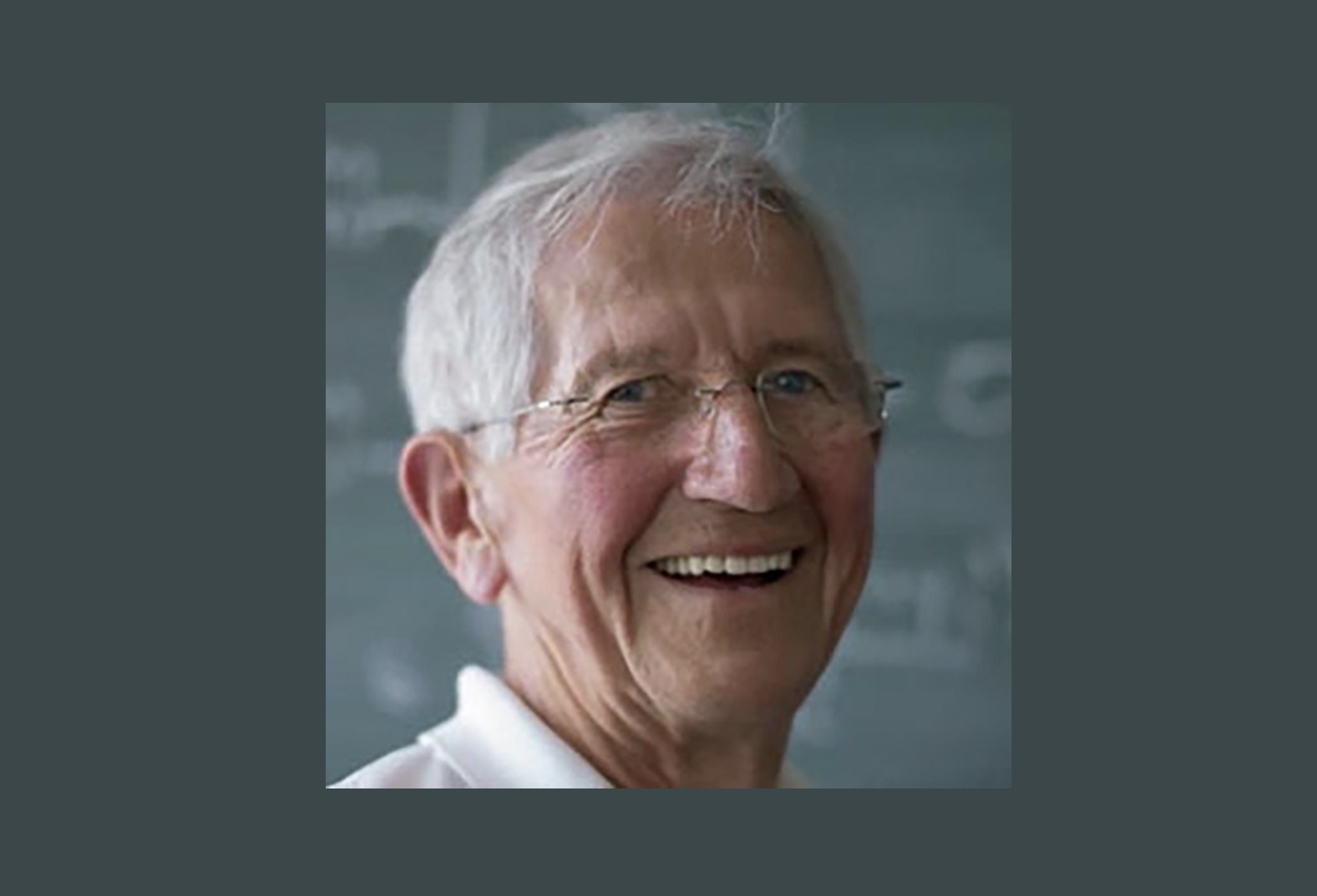Vale Emeritus Professor Derek Robinson (1935-2021)

Emeritus Professor Derek Robinson was born in Ireland in 1935. His academic ability was recognized early and he was able to go to a grammar school and on to Oxford. He stayed at Oxford for a D Phil in nuclear physics, but became more interested in the mathematical basis of quantum mechanics and quantum statistical mechanics. This was stronger on the continent and in the US than in the UK, and Derek spent time in Zurich, Illinois, Paris, Marseilles and CERN before getting a position at Marseilles where he stayed for 10 years. In 1978, after 10 years in Marseilles, Derek moved with his family to Sydney to take up a professorship at UNSW. He moved to the Institute for Advanced Studies, ANU in 1982. Derek retired in 2000 but continued to be research active into 2021.
In 1980 he was elected to the Australian Academy of Science for his pioneering work in mathematical physics. His achievements include algebraic axiomatization of quantum field theory and rigorous analysis of nonequilibrium statistical mechanics.
Derek was an incredibly productive mathematician throughout his life. Among his greatest achievements are the legendary two-volume work “Operator Algebras and Quantum Statistical Mechanics” with Ole Bratteli. These volumes did not just summarise a research field, they hugely developed it and guided research in the field for decades afterward. Another signal achievement was his work with Elliot Lieb on the problem of demonstrating wave-like behaviour of quantum spin systems with finite range interactions. A bound on the speed of propagation is now known as a Lieb-Robinson bound. Published in 1972, this has become a hot topic in recent years, with a great burst of activity. Derek also made important contributions to analysis on Lie groups and harmonic analysis in general.
When we think of Derek, we remember not just his stellar academic contributions but his warmth, good humour, his extraordinary cycling exploits, and his mentoring of younger mathematicians. He leaves behind a vast legacy.
We will miss him greatly.
Andrew Hassell
Interim Director, MSI
